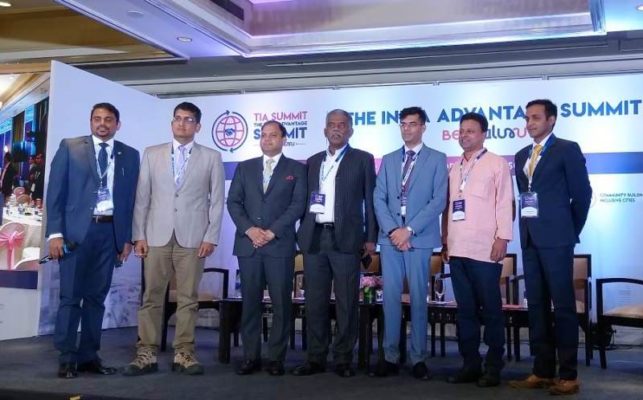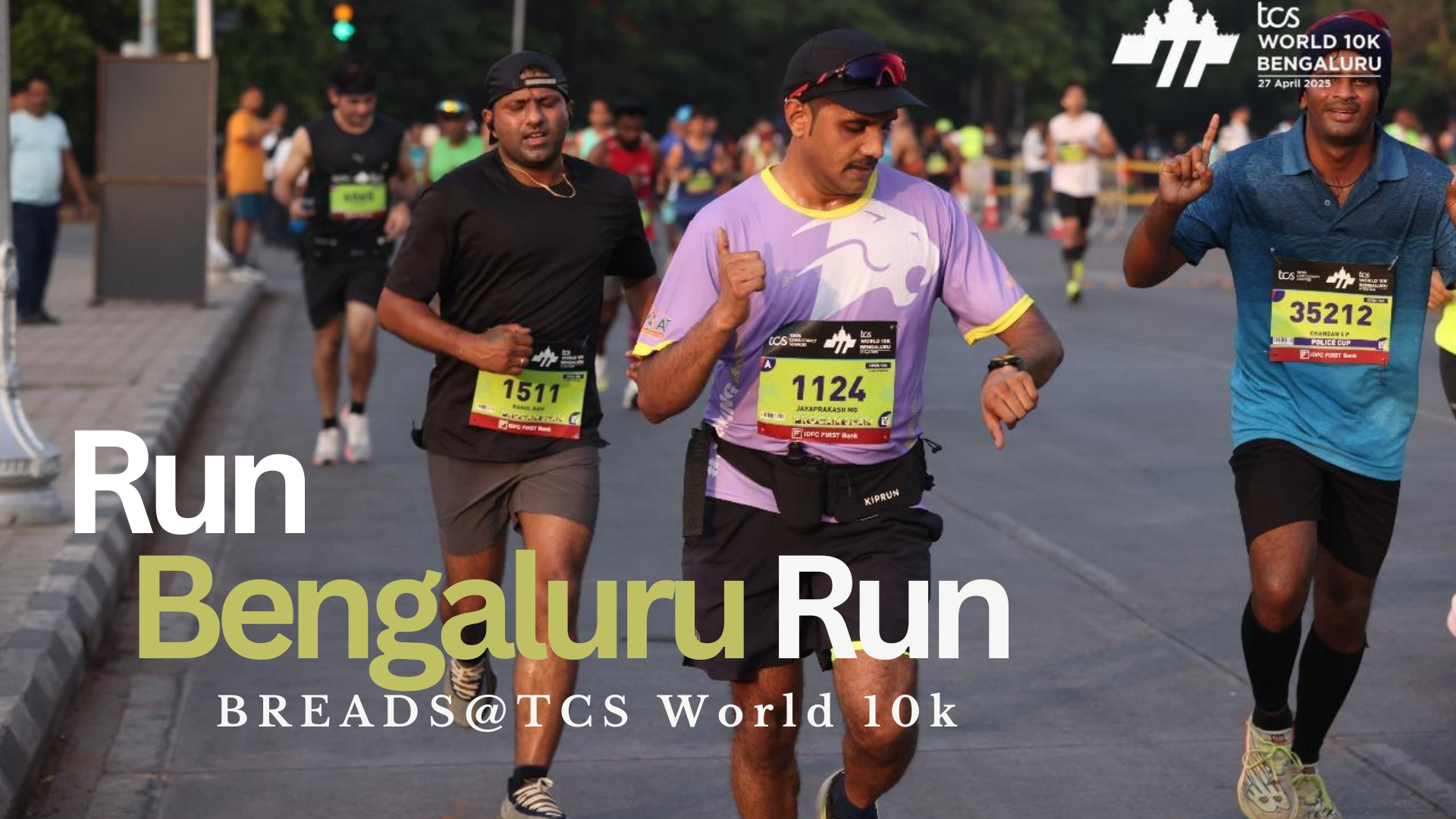The 3rd India Advantage Summit (TIA) was organised on 18 -19 July 2019 with a focus on developing global partnerships for urban development and Society 4.0. Usually, at such platforms that showcase cutting-edge innovations in the technical world, it is common to find buzzwords flying around. One of those terms was Society 4.0.
What the term might mean to people outside these forums is anyone’s guess, but Society 4.0 signifies the digital or information stage that our society that is moving through. As humans, our society has evolved from hunting-gathering, to agriculture, to the industrial and now the information stage. As is evident, our relationships with Nature and each other have also been evolving and changing significantly in this process. In the digital or information age, the most important currency is data and wealth therefore finds its way to those who control this data. Automation and digitisation lead to even more corporatisation because while both corporates and governments are equipped to handle vast quantities of data, the corporates are more agile in its storage and applications.
Where then does this leave the human being? Especially those who do not contribute significant currency (data) to the economy? For example, the person who loses his job because it is more efficiently done by a machine. Or an elderly, illiterate person who cannot use modern systems? Or a child who inherits an environment that is significantly depleted because of modern societal practices? Or an unemployed, unskilled youngster? They do contribute to the statistics about an issue but not much else.
Bangalore Rural Educational And Development Society (BREADS), represented by Fr. Joy Nedumparambil (Executive Director), has been a strategic partner of the TIA Summit since its inception. It usually serves to remind the members in the conference that humans are not mere statistics; especially, the ones on the margin. Presenting a rights-based approach to resource management in Society 4.0, Fr. Joy also highlighted some important data: that of inequality and its impact on resource management. According to the Oxfam Inequality Report 2019, 10% people in India own 77.4% of its wealth; and of them, 1% owns 51.53%. It is rather shocking to contemplate that the total wealth of Indian billionaires is more than the Indian Union Budget of 2018-2019. Inevitably therefore, the wealth of the top 1% increased by 39% while the bottom 50% saw an increase of 3% in this supposedly fast-growth economy. Resource management in such a scenario is neither need-based nor based on the public good. It becomes purely an exercise in private profit. Paralleling this with real examples of children Panduranga and Priscilla, negotiating resources as a result of its CREAM programme, Fr. Joy highlighted their rights-based approach, where they claimed their entitlement as a matter of need and right; not a favour nor a capricious demand. Another example of a child climate activist, Greta Thunberg at the COP 24, 2018 powerfully underlined this attitude, “We are not here to beg.”
A strikingly different value that all the children espoused was the advocacy for the common good and rights of the community. They did not ask for any private gain, and instead were willing to contribute their resources for the public good. Fr. Joy concluded with the thought that our most vital resource is the human being and it is proper that Society 5.0 (the next societal stage) places the person at the centre of development. Looking around at our society now though, it does seem that we need the child to lead the way.





